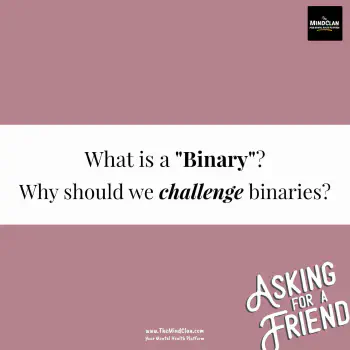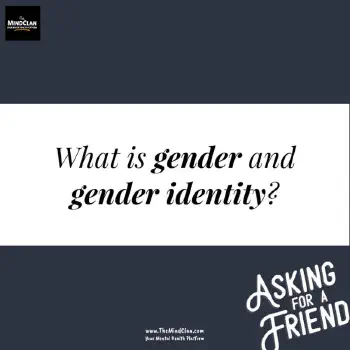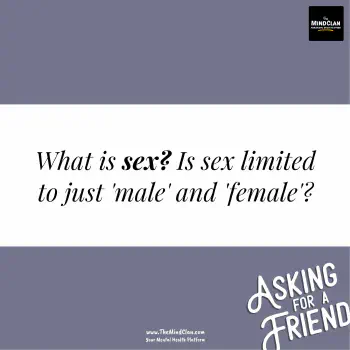The phrase “Mental Health Is Political” encompasses a broad and complex idea that acknowledges the significant impact of social, cultural, economic, and environmental factors on an individual’s mental health. This concept urges us to consider how various forms of marginalization and oppression intersect with mental health care and access, highlighting the inseparability of political structures and personal well-being.
1. Social Determinants of Mental Health
Mental health does not exist in a vacuum. It is profoundly influenced by a person’s living conditions, education level, employment status, and access to healthcare and social services. These factors, known as social determinants of health, have a foundational impact on mental well-being. For instance, individuals living in poverty are at a higher risk of mental health disorders, not merely because of financial stress but also due to the chronic exposure to inequalities and limited access to mental health services.
2. Cultural and Environmental Influences
Cultural norms and values shape perceptions and attitudes towards mental health and illness. In some cultures, mental health issues are stigmatized, preventing individuals from seeking help. Environmental factors, such as exposure to violence or living in a polluted area, can also exacerbate mental health problems. These cultural and environmental influences are political in nature because they are tied to policies and societal norms that dictate how resources are distributed and how mental health is discussed and treated.
3. Systemic Oppression and Mental Health
Systemic oppression-be it based on caste, gender identity, race, age, or sexuality-affects mental health by exposing marginalized groups to additional stressors. Discrimination and exclusion can lead to mental health issues such as anxiety, depression, and post-traumatic stress disorder. For example, LGBTQ+ individuals may face homophobia and transphobia, which can severely impact their mental health. Similarly, caste-based discrimination can lead to social exclusion and economic deprivation, exacerbating mental health struggles.
4. Access to Mental Health Care
Access to mental health services is a critical issue that intersects with politics. Economic barriers, lack of insurance coverage, and insufficient mental health resources disproportionately affect marginalized communities. Furthermore, mental health services often do not account for cultural sensitivities, leading to a one-size-fits-all approach that fails to address the specific needs of diverse populations. Political action and policy reform are necessary to ensure equitable access to mental health care and to develop services that are inclusive and culturally competent.
5. Advocacy and Change
Recognizing that “Mental Health Is Political” calls for advocacy and systemic change. It involves challenging the status quo, addressing inequalities, and pushing for policies that promote mental health equity. This includes advocating for better access to mental health services, pushing for social and economic policies that reduce inequalities, and fighting against discrimination and stigma related to mental health.
Conclusion
“Mental Health Is Political” means acknowledging that mental health is deeply intertwined with societal structures, cultural norms, and political decisions. It highlights the necessity of addressing systemic inequalities and advocating for policies that ensure equitable access to mental health care, support marginalized communities, and foster a society where mental well-being is a priority for all. Understanding this connection is crucial in working towards a world where mental health support is inclusive, accessible, and effective for everyone, irrespective of their background or identity.



















